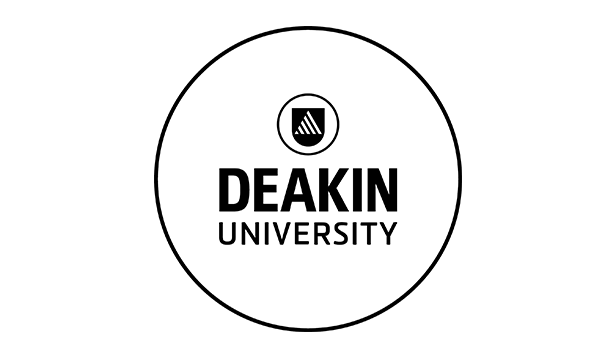AU18 Master of Sustainability Deakin University
-
THÔNG TIN CHUNG
With globalisation, population growth and climate change affecting economies around the world, issues of ‘sustainability’ become increasingly critical. Throughout the Master of Sustainability, students will acquire advanced knowledge and contemporary skills in the multidisciplinary approaches to examining environmental impacts, why they occur and to developing appropriate solutions to managing these impacts. Explore how we can learn to meet the needs of the present without permanently negatively impacting our future.
Development of successful sustainability strategies involves a multi-disciplinary approach to both analysis of the risks to the environment while utilising a “triple bottom line” approach to solutions. That is managing the environmental, social and economic issues. This course has been structured to increase the breadth and depth of knowledge and application of skills necessary to develop and implement sustainability strategies for a range of sectors.
The flexible nature of the degree provides students with the opportunity to specialise in either Environmental Management or Sustainable Regional Development, whilst pursuing industry-linked research projects that align to their personal interests and careers aspirations.
Industry connectedness is an integral part of this course and ensures students have opportunities to gain an industry perspective and establish professional networks prior to graduation. Guest lectures from key industry partners are embedded into the degree to provide students with an understanding of research and commercialisation in the sustainability context.
Following successful completion of the course, graduates may choose to pursue further research through a PhD, or seek employment in industry or government roles. Alternatively, students may choose to exit early with a Graduate Certificate of Research Management or Graduate Diploma of Sustainability. -
CƠ HỘI NGHỀ NGHIỆP
As a graduate of this course, you will be uniquely positioned to commence a PhD or actively pursue research roles in industry, education, government, NGOs, policy developments and teaching. Depending on your chosen area of expertise, you may choose to seek employment as an ecologist, environment consultant, communications specialist, researcher or science journalist. Potential employers include CSIRO, planning and research officers for state/federal government, government planning and environment departments, environmental protection agencies, cultural and natural heritage management, environmental conservation, land and water management, natural resource management, , private research institutes, private commercial companies, industrial research companies, universities, NGOs, schools, agriculture and food sector, local councils and public service.
- ĐIỀU KIỆN ĐẦU VÀO
- ĐIỀU KIỆN NGÔN NGỮ
- HỌC BỔNG
- ĐỊA ĐIỂM
Tóm tắt
-
Phí ghi danh
0
-
Độ dài khoá học
2 năm
-
Kỳ nhập học
Tháng 3
Tháng 7
Phí Cơ Bản
-
Loại Tiền
-
Học Phí
Trên năm -
Phí Sinh Hoạt
Trên năm -
Tổng






